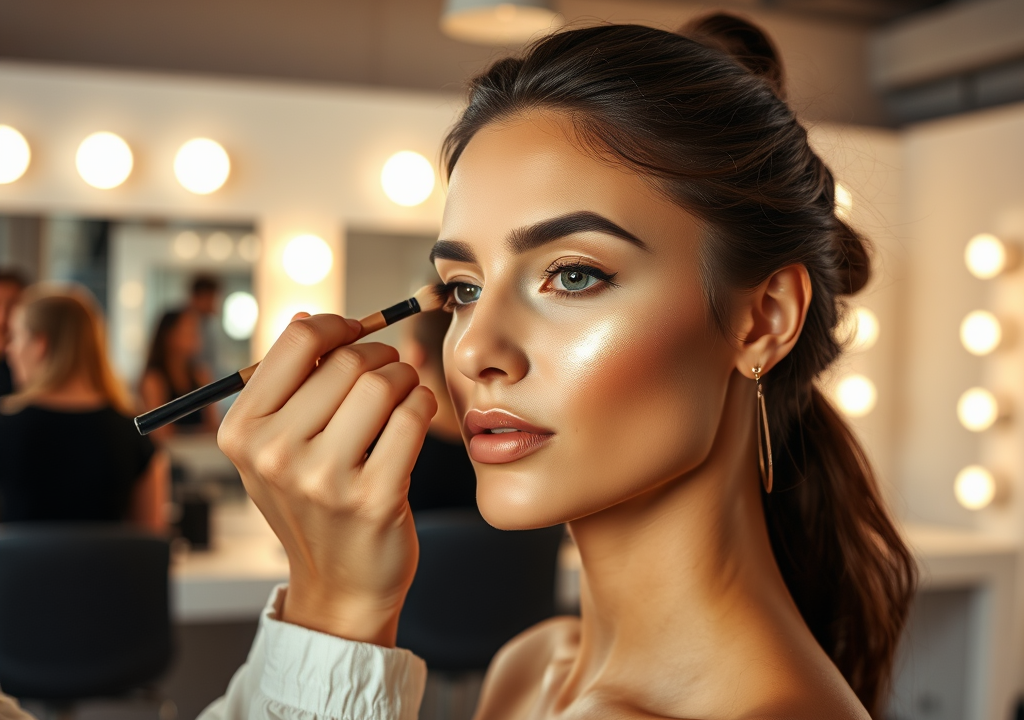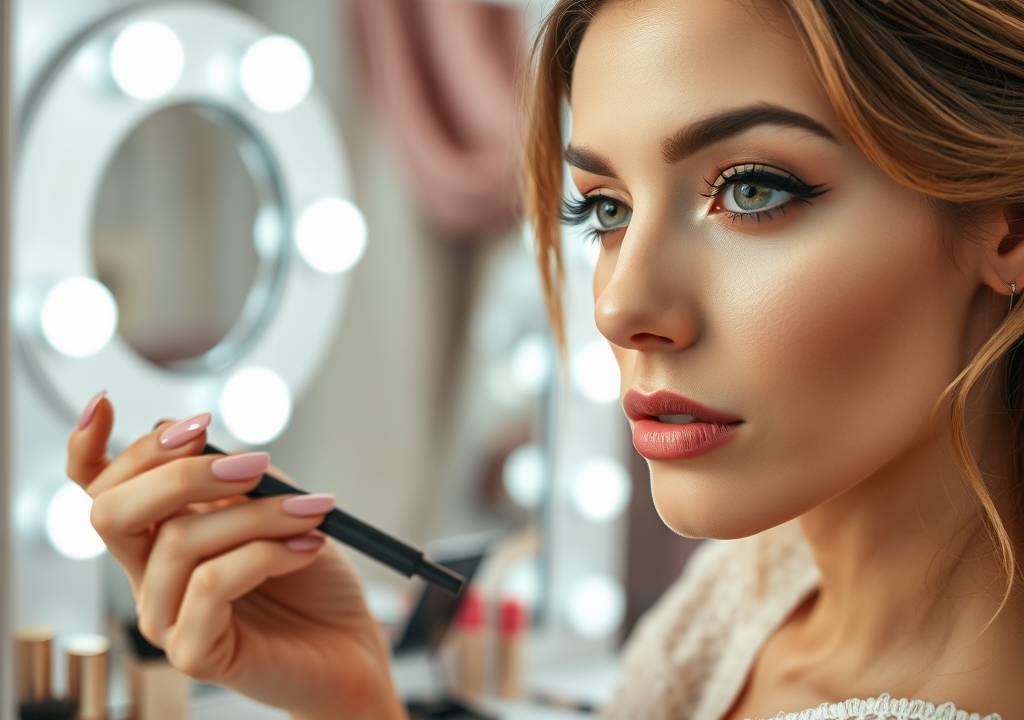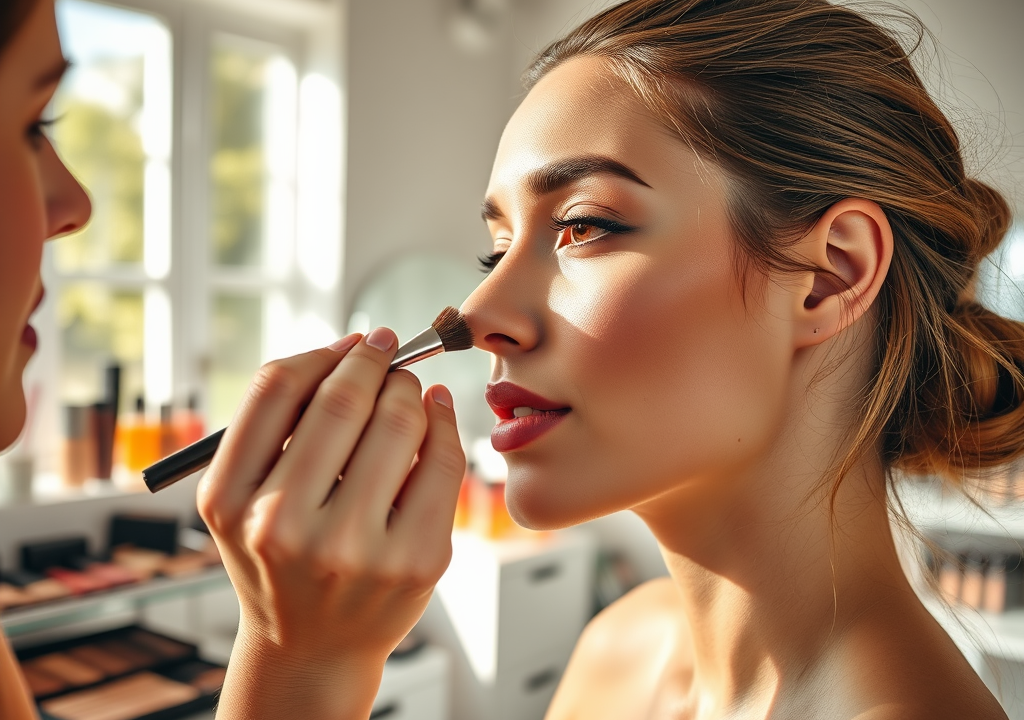In the world of skincare, antioxidant serums have emerged as heroes for their ability to combat free radicals and provide essential protection against environmental stressors. These powerful elixirs are integral to maintaining radiant, youthful skin, regardless of one’s unique skin type or specific concerns. From hydrating sensitive skin to controlling oily complexion complexities, antioxidant serums cater to all needs with tailor-made precision. In this article, we’ll explore the best antioxidant serums suited for every skin type and concern, ensuring your skin remains healthy and rejuvenated.
Understanding Antioxidant Serums

Antioxidant serums are formulated to neutralize free radicals—unstable molecules that can cause cellular damage and accelerate aging. These serums contain a high concentration of antioxidants such as vitamins C and E, ferulic acid, and resveratrol. They penetrate deeply into the skin, providing a robust defense mechanism against pollution, sun exposure, and other environmental factors.
For those who are unfamiliar, free radicals are caused by pollution, UV radiation, and even stress. This chronic exposure accelerates skin aging, leading to dullness, fine lines, and wrinkles. Thus, antioxidant serums are essential, as they shield the skin while enhancing its natural repair process. Moreover, their efficacy is bolstered by their ability to brighten skin, improve texture, and even out skin tone.
Selecting a serum that suits your skin type is crucial to maximize benefits and avoid adverse reactions. Each skin type—whether dry, oily, combination, or sensitive—has distinct needs. Let’s delve into how you can choose the right antioxidants for your specific skin type:
- Dry Skin: Opt for serums containing hyaluronic acid and vitamin E, which offer hydration and soothe dryness.
- Oily Skin: Look for lightweight serums with vitamin C and niacinamide, known for controlling sebum production and minimizing pores.
- Combination Skin: A balanced serum with green tea extract and ferulic acid helps maintain harmony between dry and oily areas.
- Sensitive Skin: Choose gentle formulations with resveratrol and aloe vera for calming inflammation and reducing irritation.
Understanding the specific formulations for your skin type can dramatically enhance the effectiveness of your skincare regimen.
Antioxidant Serums for Anti-Aging

One of the most prominent concerns in skincare is aging. Antioxidants play an instrumental role in combating fine lines and wrinkles. The key lies in their ability to boost collagen production and improve skin elasticity. A well-formulated anti-aging serum often includes a cocktail of potent antioxidants like vitamin C, ferulic acid, and peptides.
Using an antioxidant serum daily can rejuvenate skin, promote cell turnover, and maintain a youthful, plump appearance. For those starting to notice the early signs of aging, incorporating these serums can delay the progression of fine lines and maintain skin’s firmness. The brightening effect of vitamin C, combined with the skin-firming capabilities of peptides, can work wonders as part of an anti-aging routine.
Tackling Specific Skin Concerns with Antioxidants
Besides aging, skin concerns such as hyperpigmentation, redness, and acne scars can also benefit from antioxidant serums. Serums addressing these issues often include ingredients like alpha arbutin, licorice root, and vitamin C.
For effective targeting of hyperpigmentation, look for serums that offer melanin-reducing agents. Redness can be soothed by antioxidants with anti-inflammatory properties. Meanwhile, acne-prone individuals should seek formulations that are non-comedogenic and include salicylic acid or tea tree oil to prevent pore blockage and reduce blemishes.
When selecting an antioxidant serum for specific concerns, it’s beneficial to:
- Identify the primary concern (e.g., hyperpigmentation, redness, acne scars).
- Research antioxidants known to address that particular concern (e.g., niacinamide for redness).
- Test the product on a patch of skin before full application to ensure compatibility.
Conclusion
Regardless of your skin type or concerns, integrating an antioxidant serum into your routine can drastically improve your complexion. By preventing damage and promoting repair, these serums are quintessential for achieving healthy, radiant skin. Remember to choose formulations that align with your unique needs, ensuring optimal benefits and minimizing potential irritation. Whether your goal is to tackle aging, address specific concerns, or simply maintain vibrant skin, making antioxidants part of your daily regimen is a wise decision.
Frequently Asked Questions
1. Can antioxidant serums be used with other skincare products?
Yes, antioxidant serums can be layered with other skincare products. They pair well with moisturizers, sunscreens, and hydrating serums. It’s best to apply the antioxidant serum after cleansing and before moisturizing.
2. How often should I apply an antioxidant serum?
For optimal results, use an antioxidant serum once or twice daily—typically in the morning to protect against daily environmental damage and at night to support skin repair.
3. Are antioxidant serums suitable for acne-prone skin?
Yes, many antioxidant serums are formulated to be non-comedogenic and can benefit acne-prone skin by reducing inflammation and preventing pore blockage.
4. Can I use an antioxidant serum if I have sensitive skin?
Individuals with sensitive skin should opt for serums with soothing antioxidants like resveratrol and aloe vera. Always conduct a patch test before full application to ensure no adverse reactions occur.
5. What age should I start using antioxidant serums?
It’s beneficial to start using antioxidant serums in your early 20s as a preventative measure against environmental damage and to maintain youthful skin over time.





